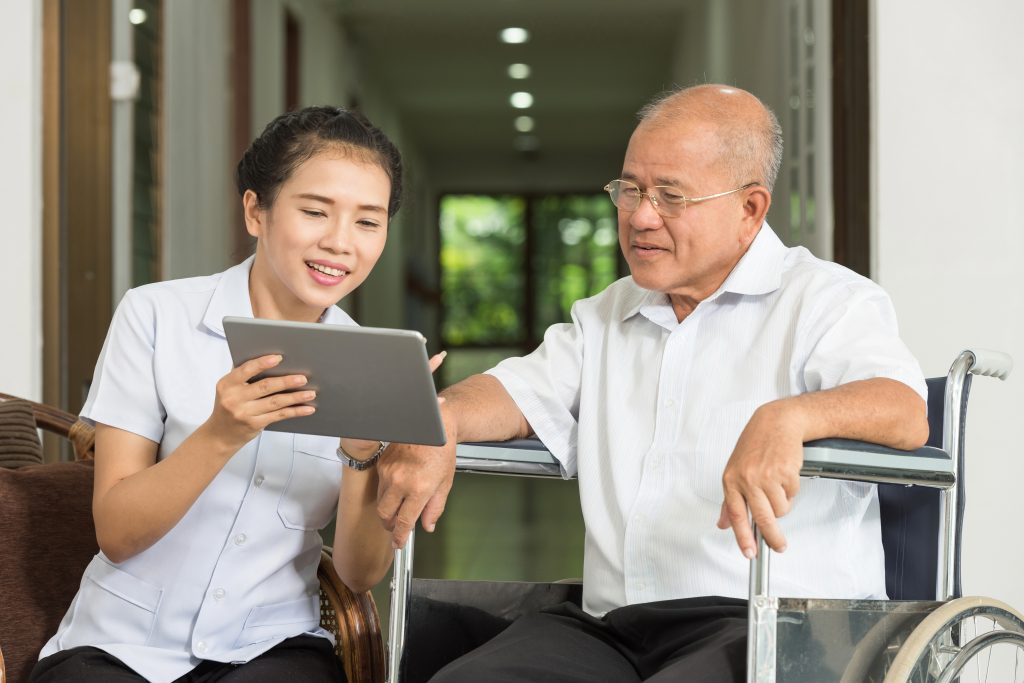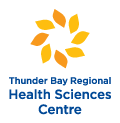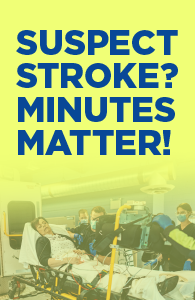Use of Mobile Tablets in Stroke Care

The Regional Stroke Unit at TBRHSC has recently purchased mobile tablets (iPads) to enhance the delivery of education for patients with stroke and their families in the acute care setting. The Clinical Stroke Nurses have commented that the tablets have been very helpful to use at the bedside. The tablets have been used to show anatomy images, helping patients to visualize the location and cause of their stroke, as well as for accessing online and community resources and many other stroke related applications.
Michael Pugliese from the University of Ottawa published his thesis titled “Mobile Tablet-Based Stroke Rehabilitation in the Acute Care Setting (2017)” (reference below for full document). His thesis summarizes and advances the knowledge of early mobile tablet-based therapies (MTBTs) for stroke survivors with regards to feasibility and barriers to care. He completed a scoping review summarizing the literature for MTBTs following stroke as well as a cohort study testing the feasibility of a MTBT for post-stroke communication, cognitive, and fine-motor deficits. He identified 23 studies; most targeted communication or fine-motor deficits, and involved patients in the chronic stages of stroke. Barriers to tablet use were identified such as difficulty following complex instructions (i.e. how to use the device), finger dexterity, patient’s home bandwidth and unreliable internet connections. His findings indicated that stroke survivors are interested in using tablet technology to assist with their post-stroke recovery however regular interaction with clinicians appears necessary to help patients try to overcome barriers when they occur.
In 2014, Jennifer White and colleagues from Australia looked at the patient view of tablet use in their article “Tablet technology during stroke recovery: a survivor’s perspective” (reference below). They set out to explore stroke survivor acceptability of and experience of tablet use during the first three months of stroke recovery. Interviews were conducted with 12 community dwelling stroke survivors with a median age of 73. The participants’ found tablets easy to use and beneficial. Most stroke survivors used the tablet to engage in therapeutic and leisure activities, stating “It just became easier and easier”, and was “Something to keep me interested”. They concluded that tablet technology is feasible and acceptable at a patient level, providing preliminary support for the use of interactive computer devices during stroke recovery.
If you are using a mobile tablet to support stroke care in your setting, please contact us to share your story.
Michael Pugliese’s full thesis is available for download at: https://ruor.uottawa.ca/handle/10393/37016
Jennifer White and colleagues abstract is available at: http://www.tandfonline.com/doi/abs/10.3109/09638288.2014.958620






